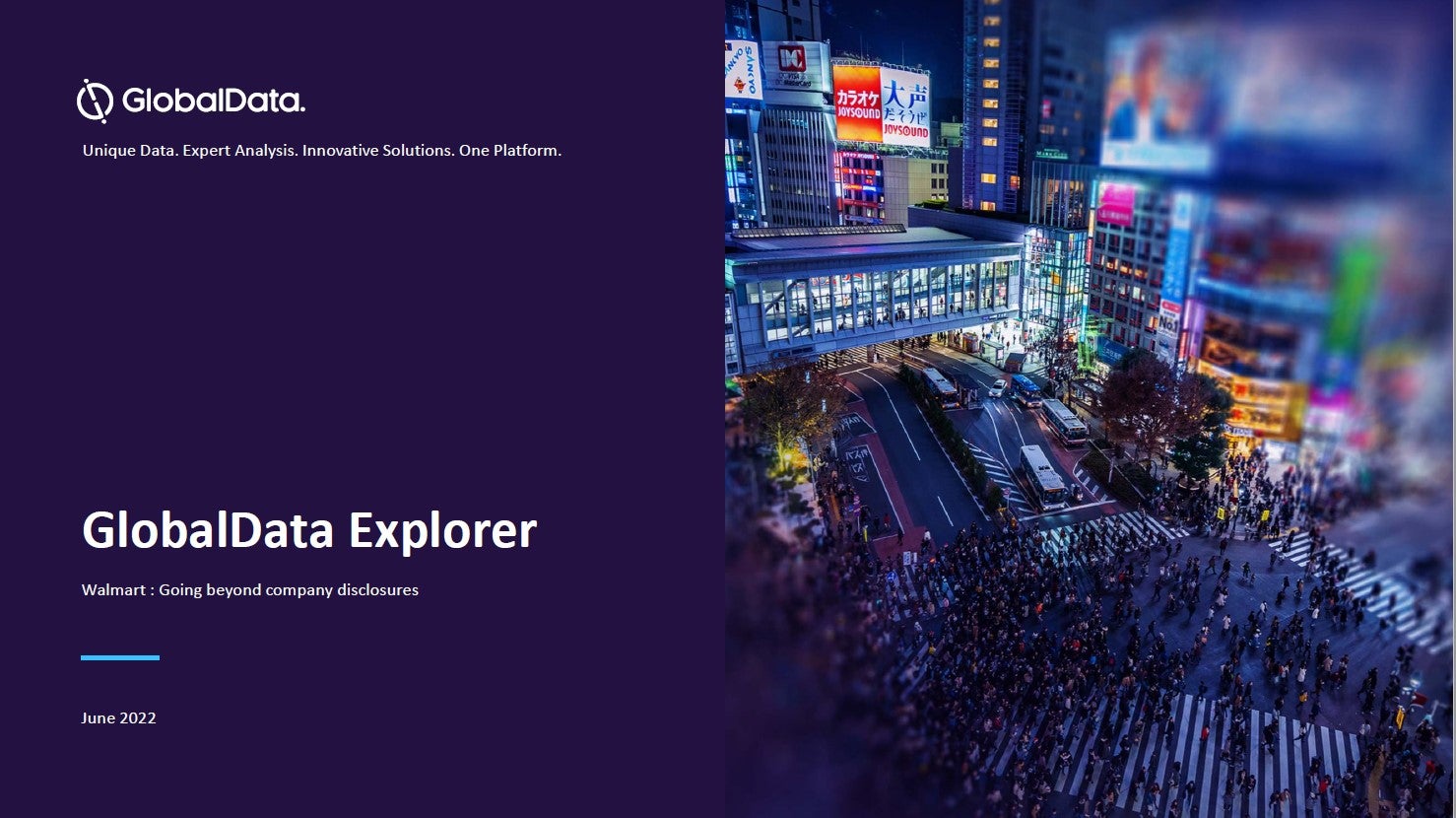With 3.3 million people watching this year’s Love Island launch show, the TV phenomenon cannot be ignored by fashion retailers – especially those targeting 16-34s given their desire to recreate contestants’ looks.
The programme provides a plethora of marketing opportunities, through sponsorship, product placement and social media deals, which retailers can utilise in order to boost engagement.
How well do you really know your competitors?
Access the most comprehensive Company Profiles on the market, powered by GlobalData. Save hours of research. Gain competitive edge.

Thank you!
Your download email will arrive shortly
Not ready to buy yet? Download a free sample
We are confident about the unique quality of our Company Profiles. However, we want you to make the most beneficial decision for your business, so we offer a free sample that you can download by submitting the below form
By GlobalDataRetailers can capitalise on the vast influence Love Island has on its viewers’ shopping choices and the large numbers that shop online while watching the show, as demonstrated by eBay, which reported that searches for ‘yellow playsuit’ increased by 276% after one was worn by host Caroline Flack during last year’s premiere.
Moreover, half of UK clothing shoppers aged 16-34 agree that celebrities (including reality TV stars) inspire their fashion choices, according to GlobalData’s 2019 clothing survey, proving that there is huge scope for retailers targeting these shoppers to incorporate Love Island into their marketing strategies.
In past years, Love Island’s sponsors and partners have reaped the benefits of their collaborations with the show.
Last year’s partner Missguided reported an increase in sales of around 40% on evenings when the programme aired. However, this association has not continued for the current series, with Missguided replaced by the lesser-known online pureplay I Saw It First, which is providing contestants with outfits that viewers are able to buy directly through the Love Island app.
This partnership will have a considerable impact on the retailer’s visibility among shoppers and boost its purchaser share.
As partnership deals are limited and costly, retailers have also been utilising product placement opportunities. Dyson hairdryers are frequently featured on the show, while Superdrug has provided contestants with sun cream and River Island has teamed up with Caroline Flack to provide her with outfits to wear while hosting and in social media posts.
The retailer has also collaborated with the 39-year-old presenter on a summer collection for the second year in a row, extending the reach of the show’s influential capabilities beyond millennial and Gen Z viewers.
After this series ends, retailers can further exploit sales opportunities by securing contestants for endorsement deals. This has been particularly lucrative for online fast fashion retailers over the past few years, with the likes of In The Style partnering with last year’s winner Dani Dyer and PrettyLittleThing with Megan Barton-Hanson. According to GlobalData’s 2019 clothing survey, social media influences the clothing choices of 63.8% of UK clothing shoppers aged 16-34, so collaborating with previous contestants by sponsoring posts and gifting products is highly beneficial.
Given the competition in the youth segment of the market, such partnerships help retailers to acquire new customers, drive engagement and stay top of mind. However, this is likely to provide only a short-term advantage to retailers as consumer interest in the majority of these TV personalities gradually wains.
Contestant selection for partnerships is also vital to get right, as they need to be a relevant fit for the brand and someone that shoppers will relate to, in order to maximise the partnership’s impact.







Related Company Profiles
Dyson Ltd
I Saw It First Ltd
PRETTYLITTLETHING
In The Style
eBay Inc